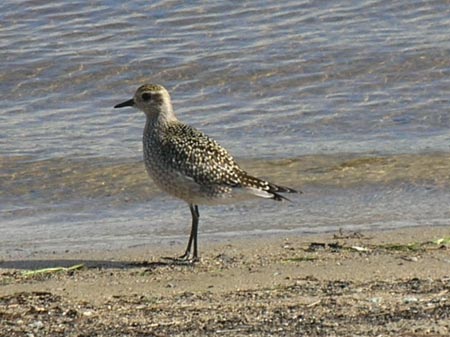
|
Bird Egg Incubation One laid, the egg must be incubated, and a warm temperature must be maintained to promote embryo development. This places a burden on the parent or parents, who must devote hours, even days, and weeks, to sitting still. Incubation has some risks, too, because the adult is not out feeding during this time, sand predators are a hazard. Among the songbirds most incubation is done by the female, but the males commonly take turns with females, each parent sitting for about 12 hours at a time for shorebirds and up to several days at a stretch in seabirds. The female is responsible for all the incubation among hawks and owls, with the male standing guard and bringing food. The female does all the work in lekking species and the male knows nothing of the nest site. Females must leave the egg unattended while they feed away from the nests. In a few species, the male does all the incubation. Among the species of phalarope, for example, the female abandons all nesting duties shortly after laying the fourth egg, leaving the male alone on the nesting grounds. |
|
| Lesser-Golden Plover | ||
|
The short periods when a foraging bird must leave the nest uncovered do not seem to harm the developing egg. In some instances, especially early in incubation, even lengthy pauses do not seem harmful. After an unseasonable June snowstorm on the arctic coast of Alaska, biologists a Lesser-Golden Plover walking repeatedly in a small area on top of the snow. After digging down to uncover a clutch of four eggs, they moved away from the spot and watched the bird settle down to incubate. Two and a half weeks later the eggs hatched, producing healthy golden-plover chicks, bundles of yellow, spotted down that are among the cutest chicks. Incubation lasts from one-and-a-half weeks to one month in most species, but may be longer, especially in large birds. In extremely cold Antarctic weather, the male Emperor Penguin incubates a single egg for nine weeks, keeping it warm enough to develop and hatch. The bird does not feed during this time, living only on stored body fat. Wandering Albatross incubation lasts even longer, but at least it is shared by both parents. Return to Bird Nesting Choices Return to Oregon Birds |
||